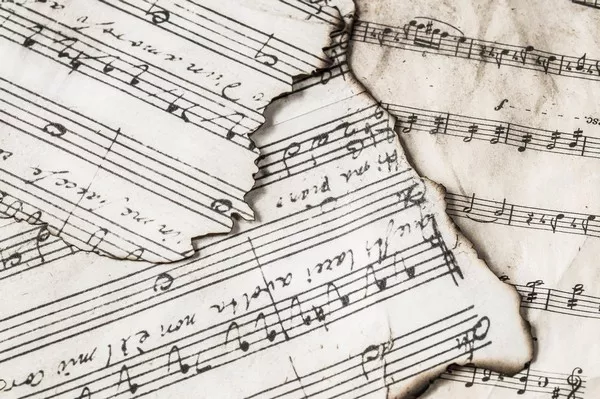In their ten prolific years in the studio, Roxy Music released eight albums of admirable range and influence. With Bryan Ferry’s seductive croon and colourful vibrancy as the only sonic constants, the band moved through several chapters of metamorphosis, beginning with the oblique triumph of the Brian Eno years and ending in the early 1980s with the New Wave masterpiece Avalon.
On 2 July 1973, following the release of Roxy Music’s second studio album, For Your Pleasure, Eno left the band. A media furore may have exaggerated the dissonance between the synthesizer pioneer and his bandmates, but it was clear that a real rift had developed between Eno and Ferry.
“It’s very difficult to know how honest I should be about the reasons for my departure from Roxy,” Eno told Melody Maker at the time. “The problem is that when it’s printed, it all seems so much more meaningful and serious if you don’t have that chuckle at the back of your throat. At first I wanted to call a press conference to state my case, but it’s all so pointless”.
“Another reason for my reticence,” Eno added, “is that I don’t want to damage Roxy for the sake of the other people in it. I mean, I really like the other members, and I really like Bryan [Ferry], in a funny way”.
Eno continued as a solo artist, eventually becoming a master producer and ambient innovator. Meanwhile, Roxy Music regrouped with Eddie Jobson as Eno’s replacement on keyboards, and managed to get a third album, Stranded, out in November ’73.
The album teems with the extravagant elegance demanded by the contemporary glam era, with popular outings such as ‘Street Life’ and ‘Amazona’, but the real attraction of this record lies in its low-tempo piano ballads, including ‘Just Like You’, ‘Psalm’ and the perfect hybrid, ‘Mother of Pearl’.
The album’s finest moment, however, is the gloriously mournful ‘A Song For Europe’. Like a staunch Remain campaigner lamenting the Brexit vote, or indeed Ferry lamenting the recent departure of Eno, the song draws a tense, rippling piano composition to a climax, accentuated by Andy Mackay’s saxophone virtuosity.
With an oppressive driving rain, the piano sets a bleak yet romantic Parisian scene before Ferry even sings the first line: “Here as I sit/At this empty cafe/Thinking of you”. As Ferry continues his stream of consciousness, we learn that he is indeed in Paris “by the Seine” in the shadow of Notre Dame.
At the climax of the song, Ferry begins to belt out French and Latin verses, including the Latin lines translated into English as: “There are only pains in the day/There is no rest/We only commit to the truth”. The emotionally tidal love song ends with a chorus of “Jamais”, French for “Never”.
A Song For Europe’ takes its name from the former British Eurovision Song Contest qualifier of the same name, but its narrative departs from that association. A romantic love song, Ferry drew on Parisian clichés in an obscure parody of the annual international music competition.
“It’s a pun, of course, on the Eurovision Song Contest, one of the more bizarre events in the calendar,” Ferry explained of the title in a 1973 interview with Melody Maker. “It sounded very European to me, so I thought I’d use Latin and French and do it as ‘A Song For Europe’.
Although Ferry had previously preferred to work on his songs alone, Stranded was a notable break with tradition, with guitarist Phil Manzanera receiving co-writing credits on ‘Amazona’ and MacKay on ‘A Song For Europe’.
“I think the first time we all wrote together was on Stranded, by which time they’d started presenting me with stuff. So, you know, I felt obliged, even though I wasn’t short of material, to incorporate some of their music into the songs,” Ferry recalled in an interview with Backpages in 2001. “It worked very well with Andy because he had more musical training than anybody, including me.
Ferry went on to reveal how MacKay was essential to Roxy Music’s more European influences. “So he would produce changes where the chords were a bit more unusual and developed. And that produced good things like ‘A Song for Europe’ and later ‘Love Is the Drug’. Andy had this European musical background, whereas my background was much more American: Black singers and blues and various other forms of 20th century music. It was actually a good combination.



























